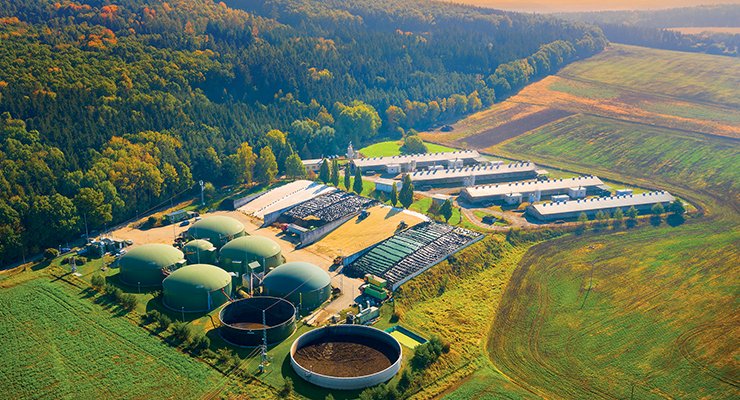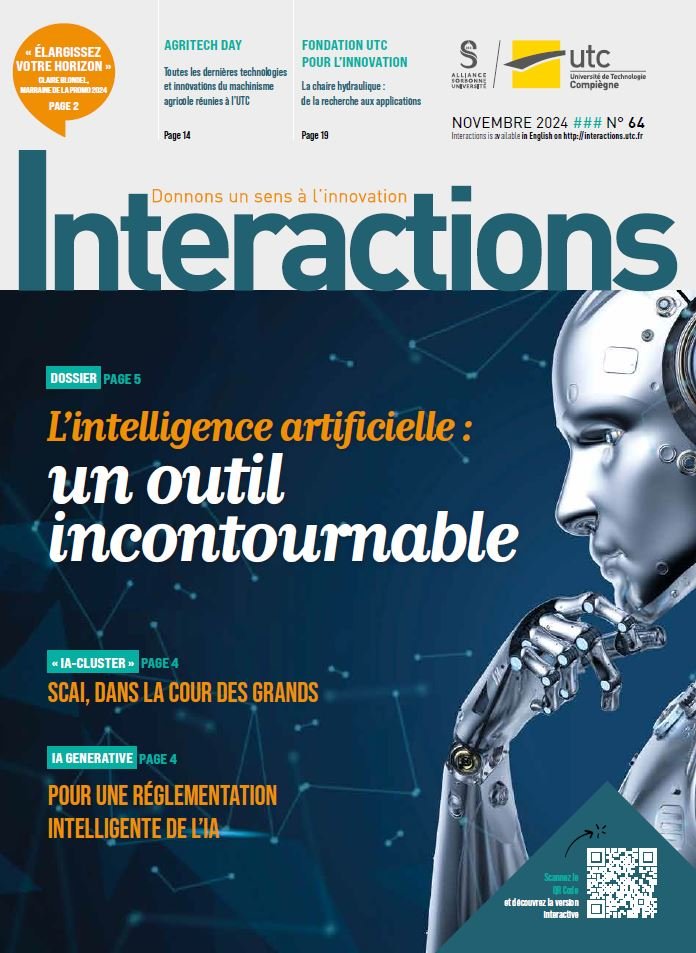Methanisation, accelerating the development of renewable bio-gases

It was with UniLaSalle that research into methanisation was relaunched within UTC-TIMR in 2008. The research focuses on biogas production through the methanisation of organic waste, as well as the gasification of dry biomass.
This collaboration led to the creation of Solimétha, a scientific interest grouping (GIS) between UTC and University LaSalle, with the aim of federating research and training activities in the field of methanisation of agricultural waste and by-products. After five years of activity, the GIS has been renewed for a further five years and is overseeing a number of research projects. These projects are carried out in a partnership with the Region, but also increasingly with industry, since they have led to three Cifre theses, which have resulted in five patents, one of which is UTC property.
These projects have earned the UTC and UniLaSalle both academic and industrial recognition.
The proof? The Cométha² project. “In this project, two players in water and waste treatment in the Paris region, Siaap and Syctom, launched a call for innovation partnerships for the codigestion of solid and liquid waste. The aim is to co-treat sludge from wastewater treatment plants and household waste. Six consortia made up of industrialists and academics were evaluated, including ours with Sources and John Cockerill. They selected four of them, including ours, for a two-year phase, essentially based on R&D. Then, at the end of these two years, they selected only two for a pilot demonstration. We are one of them, UTC-Compiegne and UniLaSalle being the only French academic partners selected for this project”, explains André Pauss.
The project is progressing well, with a methanisation pilot plant now being set up at the Valenton site in the Val de Marne. The project could potentially move into a third phase with the development of an industrial reactor.




